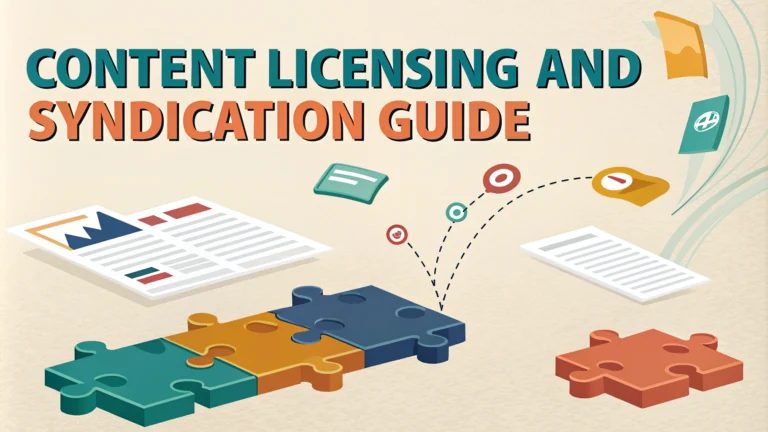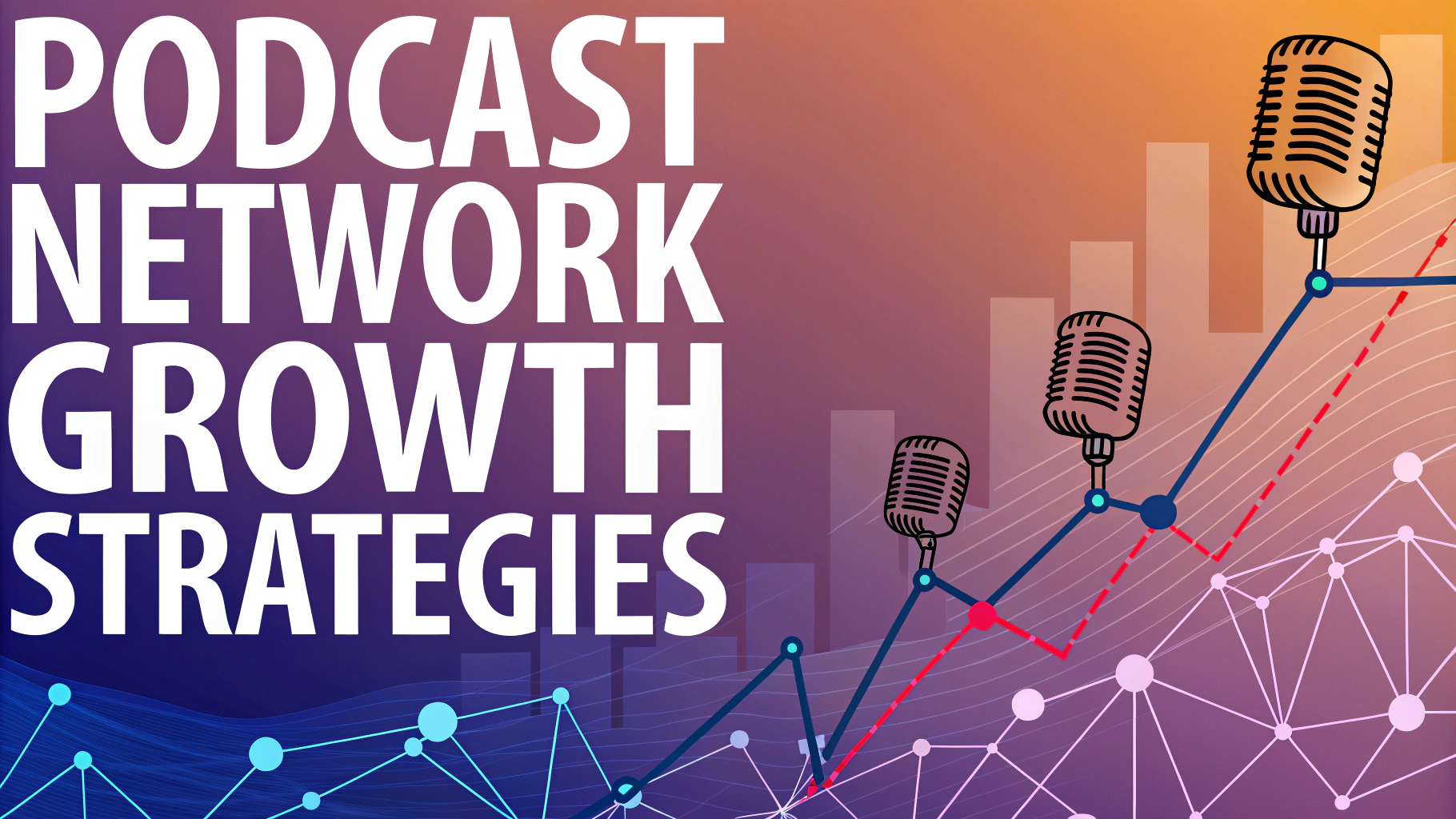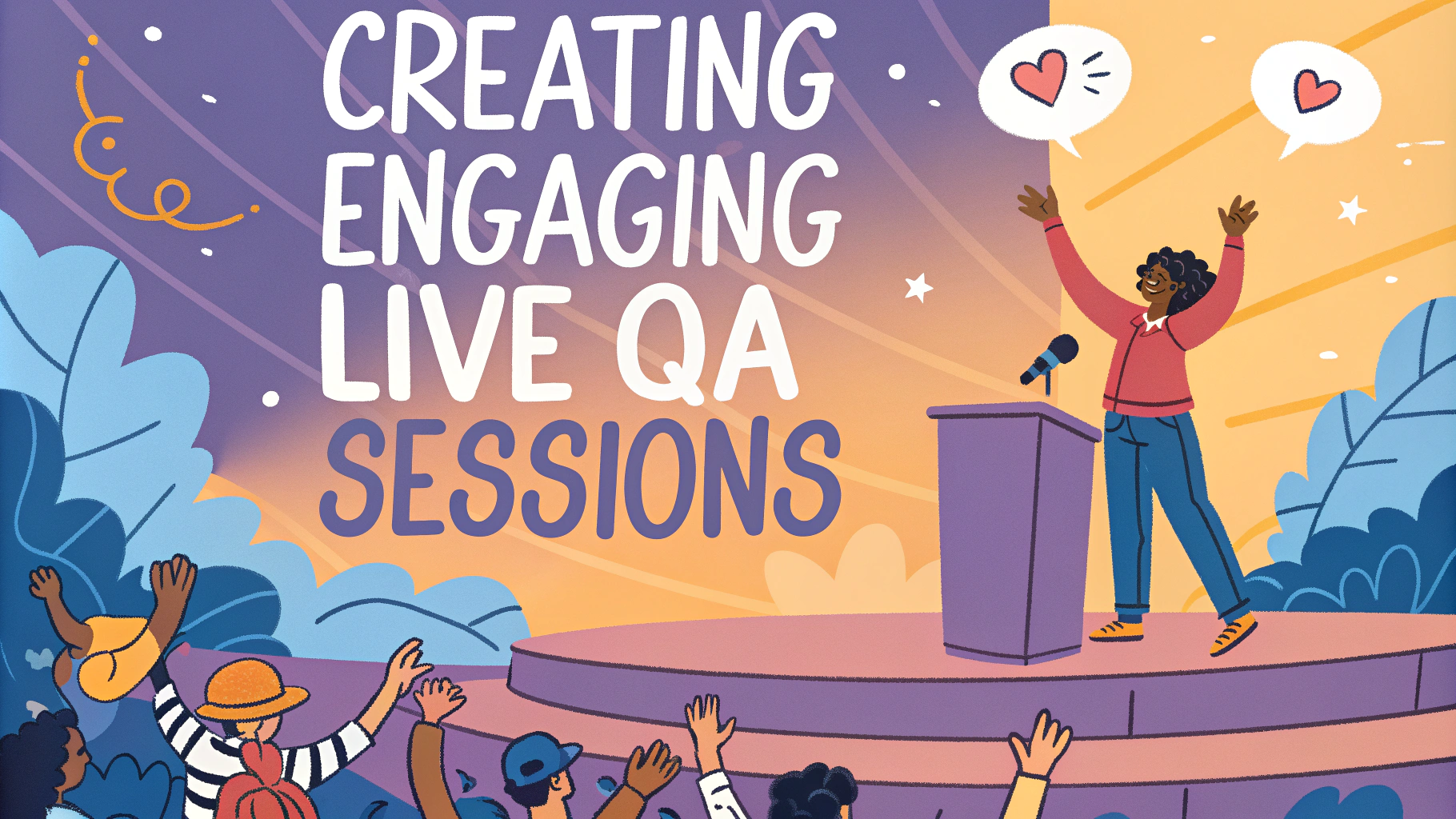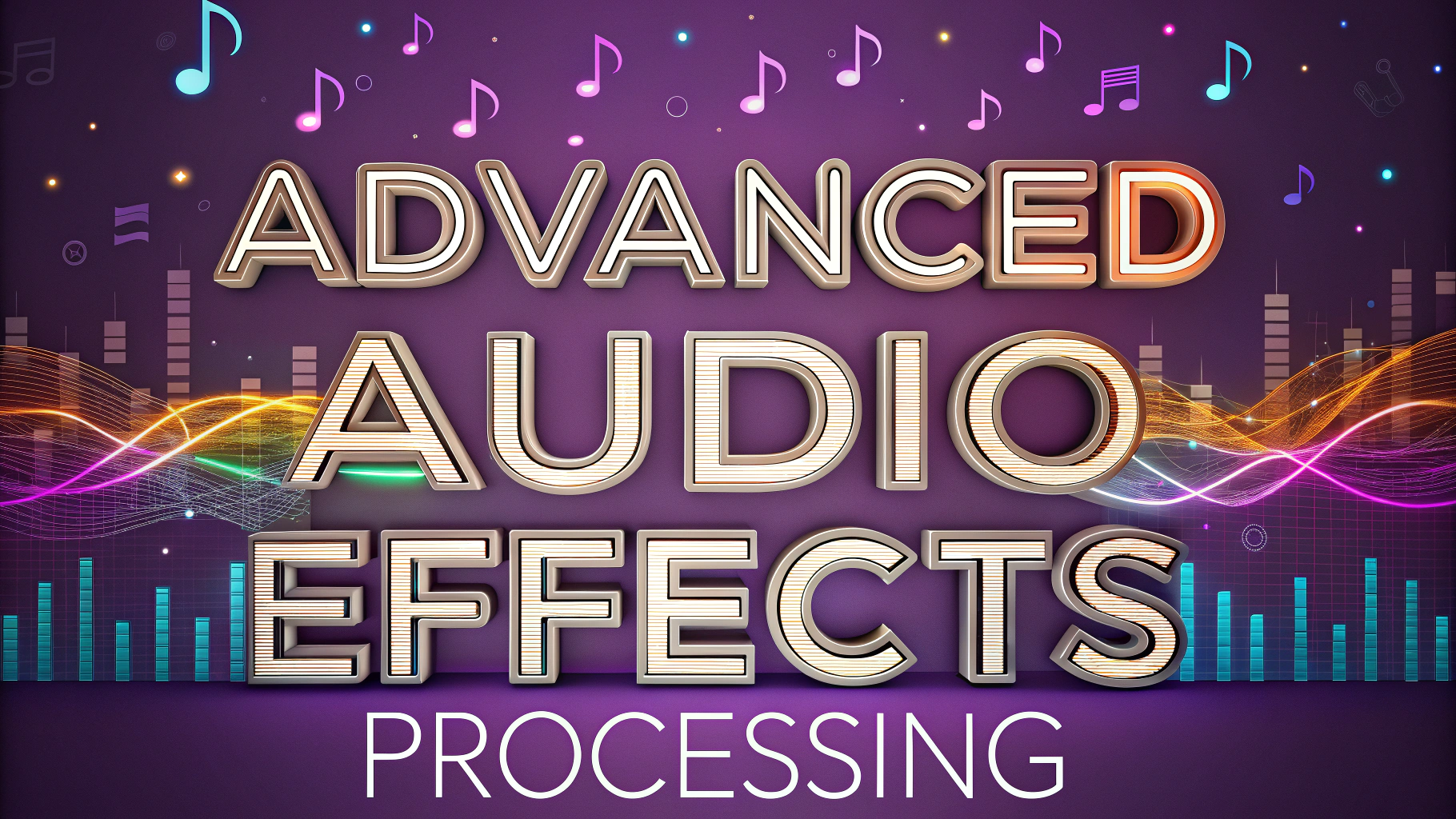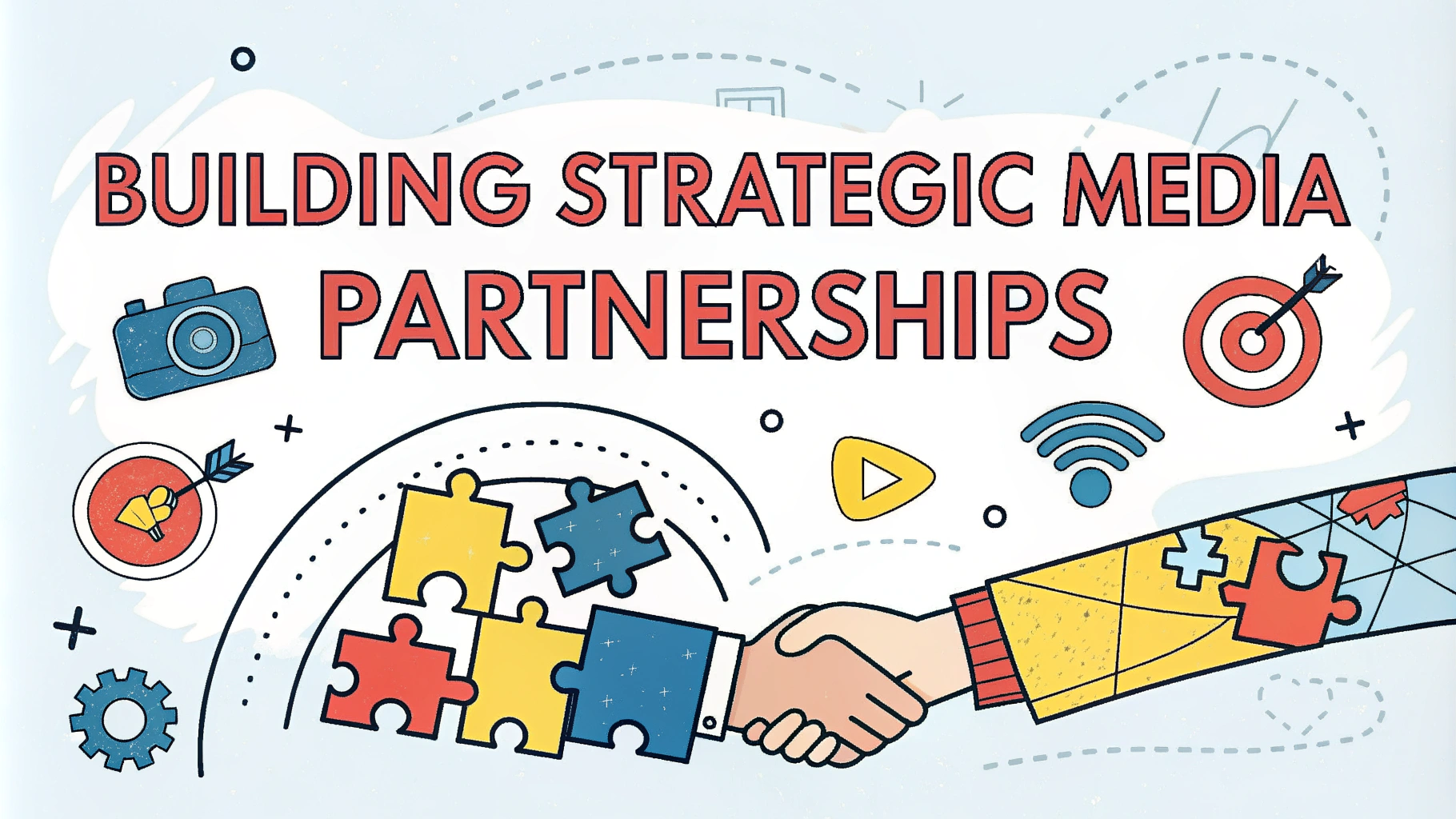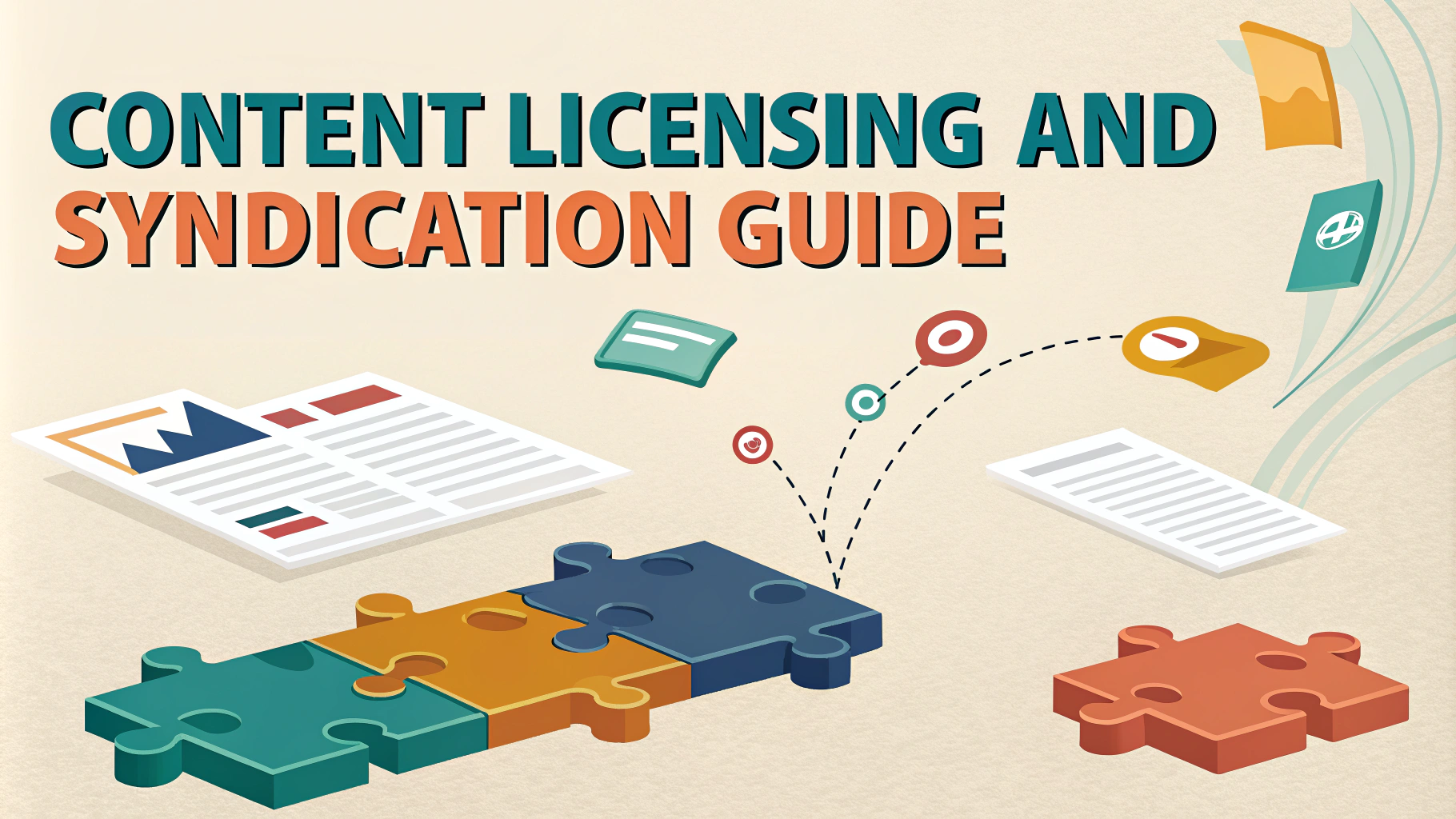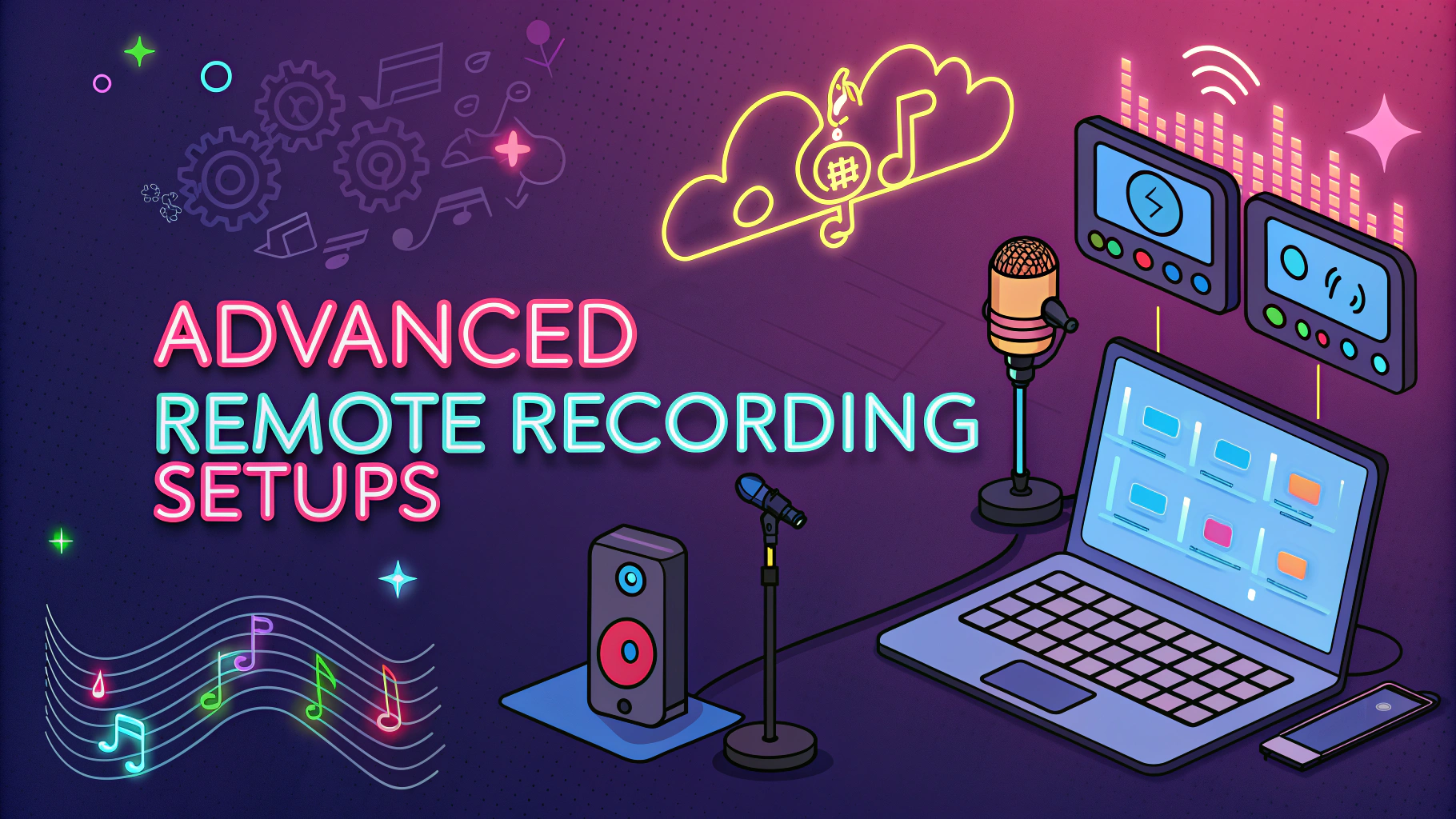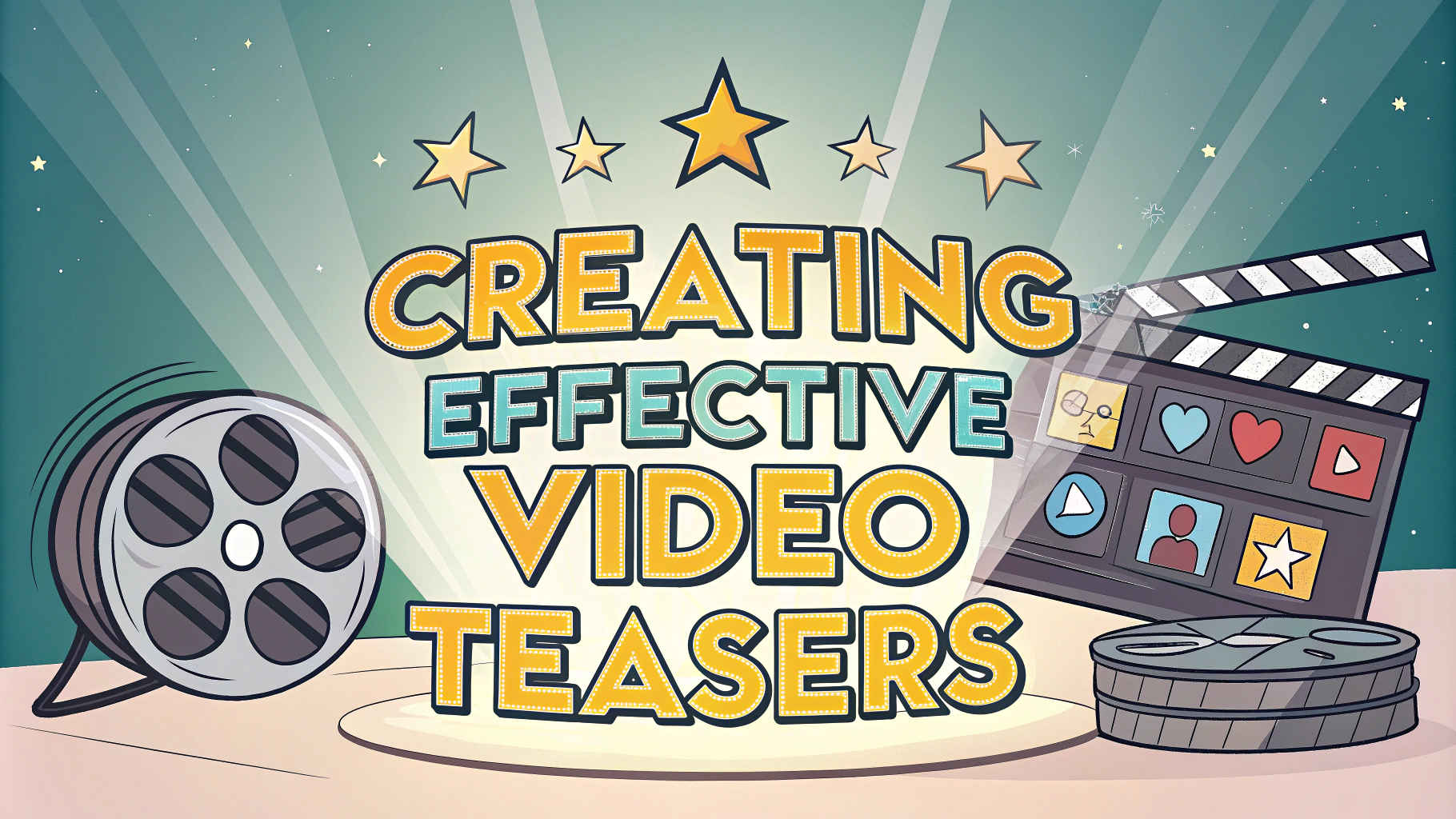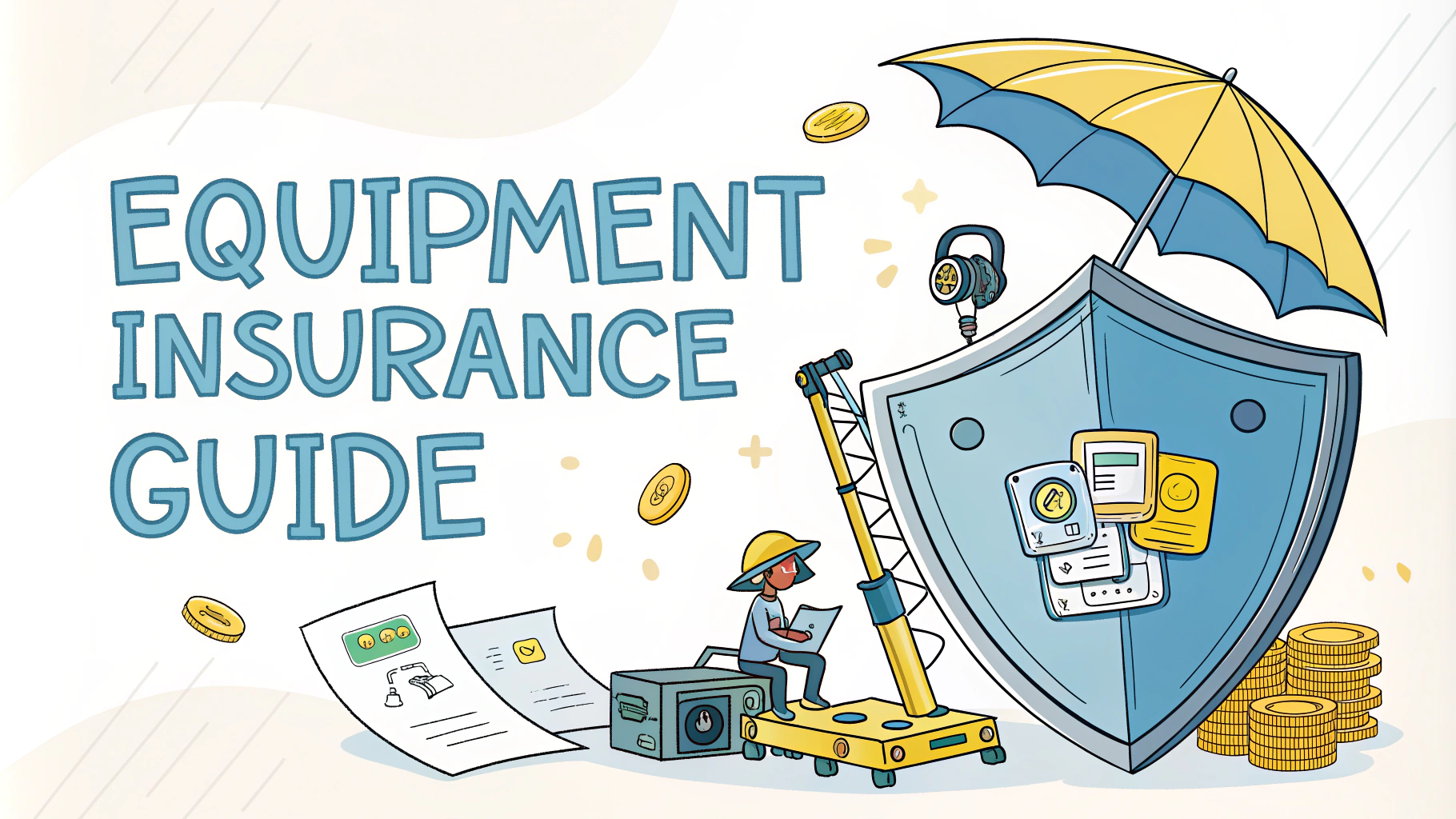Podcast content licensing protects your original work while enabling opportunities for distribution and monetization.
Understanding the legal framework around podcast licensing helps creators maintain control over their intellectual property and explore revenue streams.
This guide breaks down the key aspects of podcast licensing, from copyright basics to distribution agreements.
Basic Copyright Protection
Your podcast automatically receives copyright protection as soon as you create and record it.
- Audio content
- Show notes
- Artwork and logos
- Music and sound effects (if original)
- Episode transcripts
Types of Podcast Licenses
Creative Commons Licenses
- Attribution (BY)
- ShareAlike (SA)
- NonCommercial (NC)
- NoDerivatives (ND)
Commercial Licenses
- Exclusive distribution rights
- Syndication agreements
- Content repurposing rights
Music Licensing for Podcasts
Using copyrighted music requires specific licenses from rights holders.
| License Type | Purpose |
|---|---|
| Sync License | Required for using music with your podcast content |
| Master License | Needed for using specific recordings |
Recommended Music Licensing Services
- Epidemic Sound – epidemicsound.com
- Artlist – artlist.io
- PremiumBeat – premiumbeat.com
Distribution Platform Requirements
Each platform has specific licensing requirements and terms of service.
- Spotify: Requires proof of content ownership
- Apple Podcasts: Content must be original or properly licensed
- Google Podcasts: Clear rights to all content
Best Practices for Licensing
- Document all licenses and permissions
- Keep detailed records of music usage
- Register copyright for valuable content
- Review platform terms regularly
- Obtain written permission for guest appearances
Common Licensing Pitfalls
- Using copyrighted music without permission
- Failing to credit properly
- Misunderstanding platform terms
- Not securing guest releases
Next Steps for Podcasters
Contact a media attorney for specific licensing questions or complex agreements.
Consider registering with these organizations:
- U.S. Copyright Office: copyright.gov
- Creative Commons: creativecommons.org
- Podcast Industry Registry: podcastindex.org
Licensing Revenue Models
Understanding potential revenue streams through proper licensing can maximize your podcast’s earning potential.
- Subscription-based licensing
- Pay-per-use agreements
- Territory-specific distribution rights
- Merchandise licensing
- Educational use licensing
International Licensing Considerations
Different countries have varying copyright laws and licensing requirements.
- Territory restrictions
- Local broadcasting regulations
- Cross-border distribution rights
- International copyright protection
Negotiating Licensing Agreements
Key elements to consider when entering licensing discussions:
- Term length and renewal options
- Revenue sharing models
- Distribution channels
- Content modification rights
- Termination clauses
Protecting Your Podcast Brand
Additional protection measures beyond basic copyright:
- Trademark registration
- Domain name protection
- Social media handle reservation
- Brand usage guidelines
Maximizing Your Podcast’s Legal Protection
A comprehensive licensing strategy protects your content while enabling growth opportunities. Regular review of agreements, staying informed about industry changes, and maintaining proper documentation ensures long-term success in podcast licensing.
- Update licenses annually
- Monitor usage compliance
- Maintain accurate records
- Build relationships with licensing partners
FAQs
- Do I need a license to play music in my podcast?
Yes, you need proper licensing to play copyrighted music in your podcast. This includes both mechanical rights for the composition and master rights for the recording. - What types of content licenses are available for podcasters?
Common podcast content licenses include Creative Commons licenses, royalty-free music licenses, commercial music licenses, and synchronization licenses for video podcasts. - How much does podcast music licensing typically cost?
Costs vary widely, from free Creative Commons music to several hundred dollars for single-track commercial licenses. Subscription services like Epidemic Sound or Artlist range from $10-$50 monthly. - Can I use copyrighted content under “fair use” in my podcast?
Fair use is limited and complex. While brief clips may qualify under specific circumstances (commentary, criticism, news reporting), it’s safer to obtain proper licensing or use licensed content. - What happens if I use unlicensed content in my podcast?
You risk copyright infringement claims, takedown notices, monetary penalties, and potential legal action. Platforms may also remove your content or terminate your account. - Are podcast intro/outro music different from regular music licensing?
Yes, intro/outro music typically requires a synchronization license since it’s repeatedly used as a theme. Many production music libraries offer specific podcast intro/outro licenses. - Do I need different licenses for audio and video podcast formats?
Yes, video podcasts typically require additional synchronization rights for visual content, while audio-only podcasts generally need mechanical and master use rights. - Can I use content from other podcasts in my show?
You need explicit permission from the original podcast creator to use their content. Many podcasters have specific guidelines for content sharing and attribution. - How do international licensing rights work for podcasts?
Licensing requirements vary by country. If your podcast is available globally, ensure your licenses cover international distribution and comply with different territorial requirements. - What about licensing content for live streaming versus recorded podcasts?
Live streaming often requires additional performance rights licenses, while recorded podcasts typically need mechanical and master use rights.
